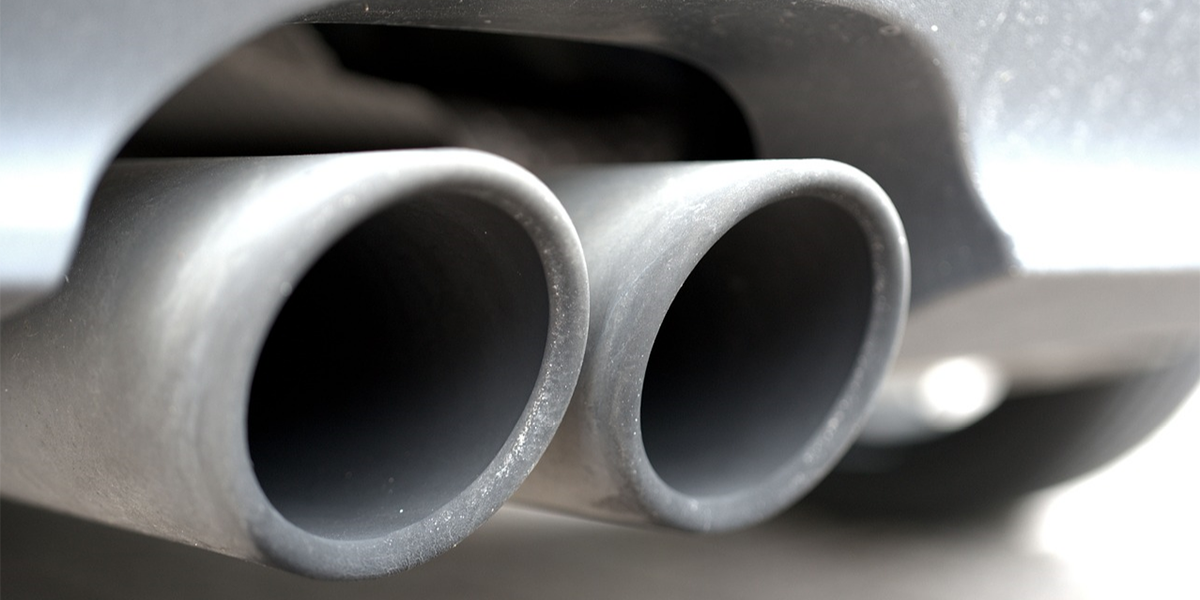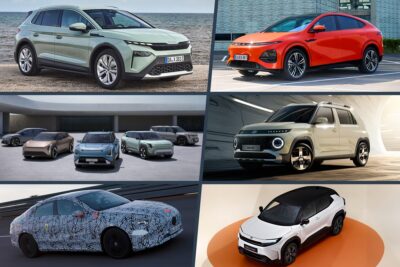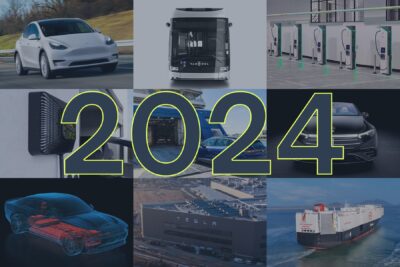EU to tighten Euro 7 emissions standard for all tests
In order to comply with the goals of the Paris Climate Protection Agreement, the EU wants to tighten the CO2 limits as part of the upcoming Euro 7 emissions standard.
A study by the EU Commission is supposed to form the basis for the new exhaust emission limits. The VDA (German Association of the Automotive Industry) is already warning that the move would result in the combustion engine being phased out from 2025.
“With the introduction of the planned EU-7 standard, the EU Commission will de facto ban cars with combustion engines from 2025,” said Hildegard Müller, President of the VDA. She fears that if the exhaust emission limits are too strict, combustion engines will no longer be competitive.
The German newspaper Bild reported on a study commissioned by the EU Commission. The study is to form the basis for which limits are to be deduced for the new Euro 7 standard. Apparently, the authors of the study came to the conclusion that significantly stricter exhaust emission regulations than those in the currently valid Euro 6 standard were necessary to achieve climate targets. As yet, nothing has yet been decided.
Nevertheless, the German industry association VDA is sounding the alarm – not just about the limit values themselves, but also about the way in which they are tested. The study says that limit values should not only be maintained on average throughout the test but also in the peaks. “The Commission wants to stipulate that in the future a vehicle must remain virtually emission-free in every driving situation – be it with a trailer on a mountain or in slow city traffic,” says Müller. “That is technically impossible and everyone knows that.”
The VDA fears that the combustion engine could be shut down by means of such a regulation, even if the vehicles themselves comply with the limit values in the WLTP test. For the VDA president, a short-term switch to battery-electric mobility is not a solution. Müller repeated her criticism of the lack of charging infrastructure and called for investment in e-fuels and the fuel cell instead of bans, insisting that “The problem is not the combustion engine, but the fuel.”
While there is no public reaction from the German government regarding the study on exhaust emission limits, Bild reported that Federal Minister of Economics Peter Altmaier is said to have spoken out in favour of extending the electric car purchase subsidy, the Innovation Premium from what is currently 2021, another four years until 2025. “I would like the hundreds of thousands of employees in the automotive industry to still have good jobs in 10 or 15 years’ time,” Altmaier said. “The innovation premium makes an important contribution to this.” Certainly, since the introduction of the top-up to the existing environmental bonus was introduced, electric car sales in Germany have soared.
With additional reporting from Carrie Hampel
teslarati.com, bild.de (in German, paywall)





5 Comments